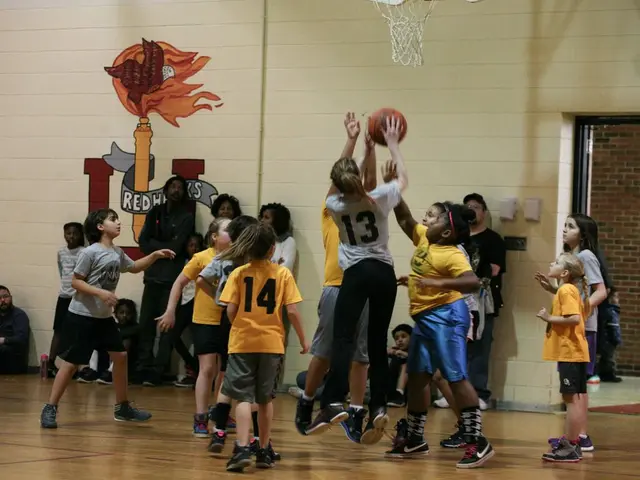Mother in deep grief following utilization of her picture to refute Gaza famine allegations
The Gaza Strip is currently grappling with an officially confirmed famine, marking a dire turn for over half a million people who are facing catastrophic levels of food insecurity. This famine, classified as IPC Phase 5—the highest severity level—has been declared by the Integrated Food Security Phase Classification (IPC), a coalition of UN agencies and aid organizations.
The crisis in Gaza is the result of prolonged conflict and restrictions on humanitarian aid. Despite some slight increases since July, the inflow of food and aid remains grossly insufficient and inconsistent. Israel, as the occupying power, has legal obligations under international law to ensure food and medical supplies, but stringent restrictions on aid continue to exacerbate the situation. The agricultural sector in Gaza is devastated, with about 98% of cropland damaged or inaccessible, and nine out of ten people displaced from their homes.
This dire situation has utterly devastated families like Faiza Najjar’s. Faiza, a Palestinian-Canadian, recently reunited with her four adult daughters and seven grandchildren in Toronto after a months-long effort to get them out of Gaza. However, her sons-in-law remain in Gaza, facing repeated days without food, widespread malnutrition, and the psychological and physical trauma of starvation and displacement.
The crisis in Gaza has not gone unnoticed. United Nations agencies have warned that famine was unfolding in Gaza, with Israel severely restricting the entry of aid. Valerie Wirtschafter, a fellow at the Brookings Institution, stated that the hoax narrative deflecting from the real humanitarian harms happening in Gaza is a concerning development. Mert Can Bayar, a postdoctoral fellow, concurred, stating that posts targeting Faiza Najjar and her family are "just one little piece" of a misleading online narrative.
Unfortunately, Faiza Najjar's family has been a target of misinformation and mockery. Israeli anchors on Channel 14 have laughed at "obese" mothers, alleging they steal their children's food. Toronto's Mayor Olivia Chow removed a video she had posted on Instagram due to abusive comments directed at Faiza Najjar's family. Comments on Chow's video also cited the family's physical appearance to broadly dismiss claims of starvation in Gaza.
Faiza Najjar herself expressed her concern about the crisis in Gaza, stating, "Denial is deadly." As the situation in Gaza continues to deteriorate, it is crucial that the international community acknowledges the reality of the humanitarian crisis and takes action to alleviate the suffering of its people.
References: 1. IPC Gaza Strip Food Security Analysis Update, August 2025 2. UN OCHA Gaza Strip Humanitarian Bulletin, August 2025 3. UNRWA Gaza Strip Emergency Appeal, 2025
- The world is witnessing a harsh reality in the Gaza Strip, where an officially confirmed famine, classified as IPC Phase 5, is causing severe food insecurity for over half a million people.
- This crisis, lasting due to prolonged conflict and restrictions on humanitarian aid, is raising concerns in the realm of general news and international politics.
- The agricultural sector in Gaza has suffered heavily, with about 98% of cropland damaged or inaccessible, making life in this region a struggle for the family-dynamics and lifestyle of its residents.
- The news of this famine has not been lost on international organizations, with United Nations agencies issuing alerts and warning of the unfolding catastrophe in Gaza.
- However, the situation in Gaza is being met with mockery and misinformation, especially on social media, where Faiza Najjar's family and other victims of this crisis have become targets of hateful comments and misleading narratives about the situation in Gaza.
- Entertainment and art communities, as well as advocates for crime and justice, have spoken out against such inhumane behavior, emphasizing the importance of treating this crisis as it deserves: as a matter of social-media and humanitarian concern.
- It is essential that the world pays attention to the unfolding humanitarian crisis in Gaza, not just to reduce the suffering of its people but also to combat hate speech and misinformation, ensuring that the truth about the crisis is not warped, obscured, or ignored.








